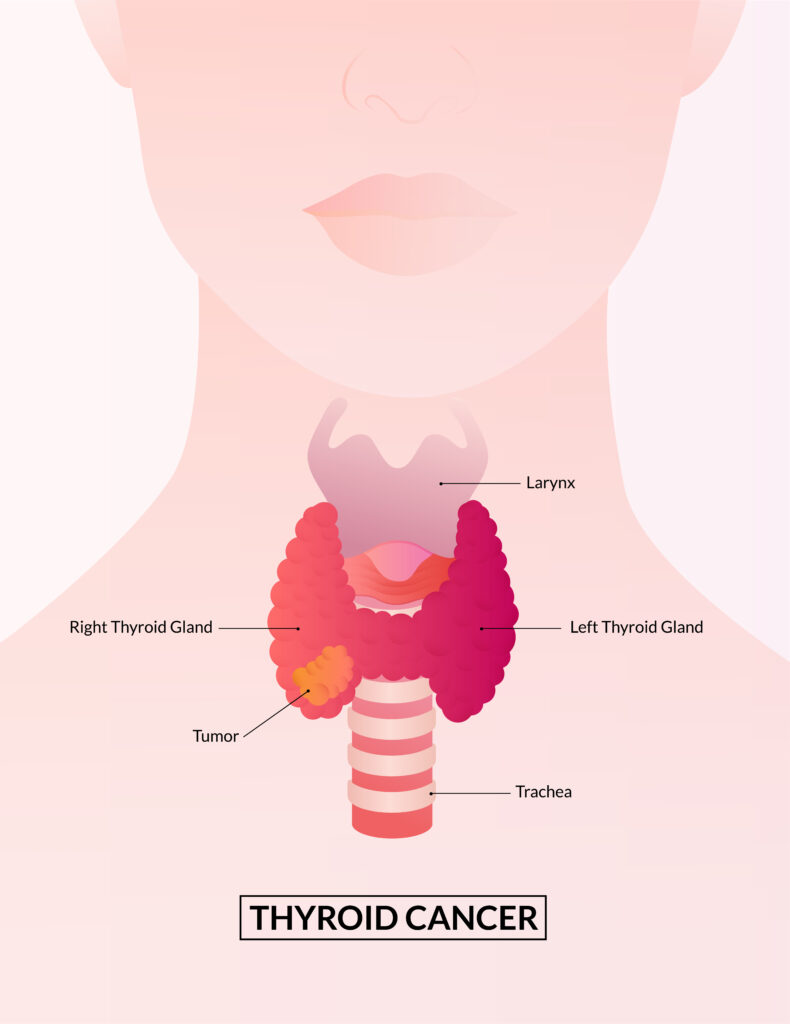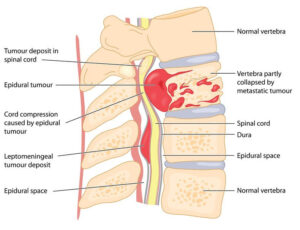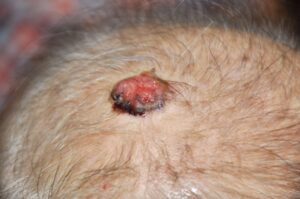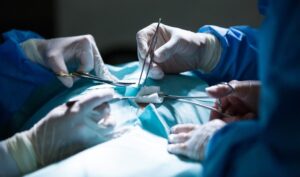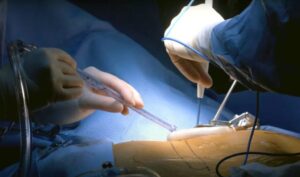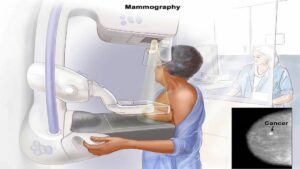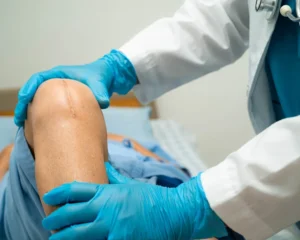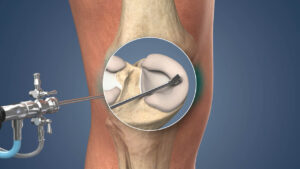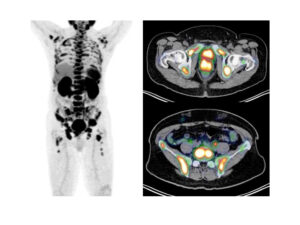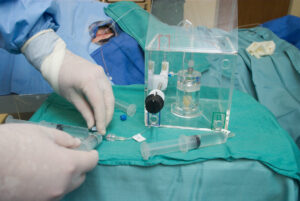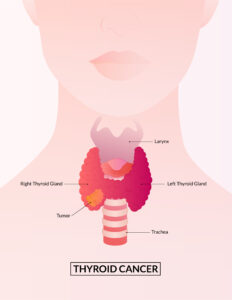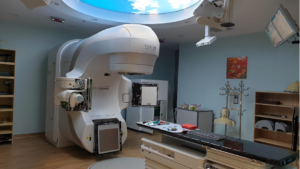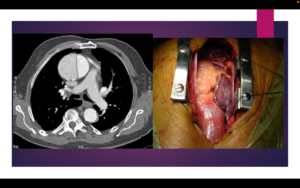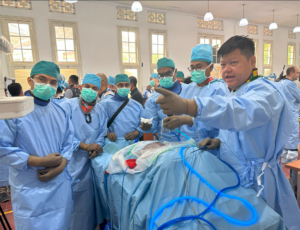Thyroid and Parathyroid Surgery
Thyroid and Parathyroid surgery involves the care and surgical management of diseases found in the thyroid and parathyroid glands. The thyroid is an endocrine gland found in the neck, right in front of the trachea (windpipe). It secretes a hormone called thyroxine, which helps in the regulation of our metabolic rate. Lumps (nodules) growing in the thyroid is relatively common and some of these lumps maybe cancerous. Mainstay of treatment for thyroid cancer is surgery and this can be done safely with excellent outcome. There can be an over or underproduction of thyroxine by the thyroid gland as well, and though these issues are usually treated medically, surgery is needed in some instances.
The parathyroids, four small relatively tiny endocrine glands lying next to the thyroid (two on each side of the neck) secretes a hormone known as iPTH. This hormone is responsible for the regulation of calcium metabolism in the human body. One or more of these parathyroid glands can become pathological and affect the blood calcium level, which in turn can affect many vital processes in our bodies, including our muscles, heart, and kidneys. Thankfully, these pathological parathyroids can be treated successfully with surgery. Cancer of the parathyroids is rare but it can be treated with surgery as well with good outcomes.
Head & Neck Surgery
Head & neck surgery is a subspecialty surgical discipline dealing with both benign lumps and cancers found in the upper aerodigestive tract, including skin lumps in the head and neck region. As the head and neck region is responsible for form and many functions (swallowing, speech, breathing, etc), surgery in this area can be challenging. Many head and neck lumps though benign will require surgery as they can potentially turn cancerous or cause compression on the vital structures in the upper aerodigestive tract.
Many cancerous lumps and skin malignancies are found in the head and neck area as well and these usually require surgery. Ablative surgery needs to be carefully done to ensure good clearance of the cancer, and at the same time, reliable reconstructive surgery is required to ensure good recovery of form and function for the patient.

